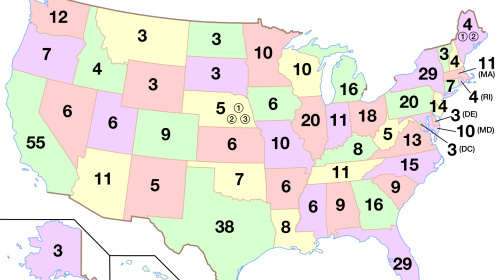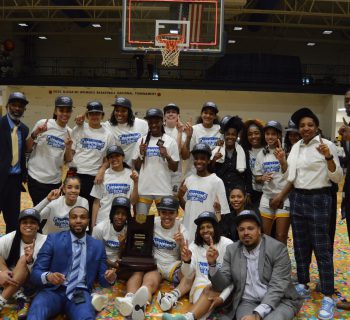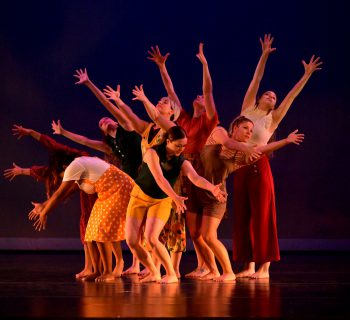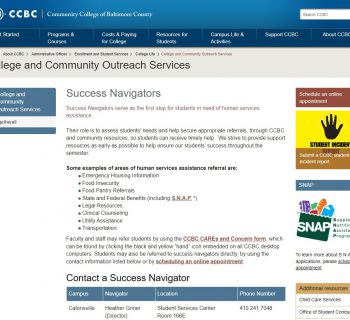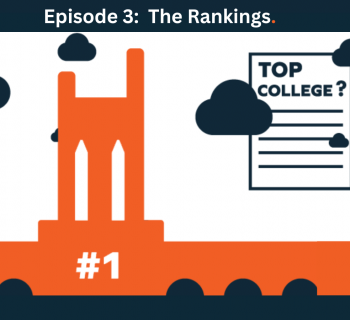The Electoral College and your vote
Wendy Stewart
With the country still reeling from the 2016 Presidential Election, many Americans are once-again beginning to question the Electoral College.
The various pre-election polls try to predict the likelihood of a candidate winning a particular state. But the process is not as straightforward as it seems. Many voters forget about the electoral college, the process of using electors from each state to determine which candidate gets the state’s electoral and it takes 270 electoral votes to win.
The electoral college is covered in the 12th Amendment of the Constitution (https://www.archives.gov/federal-register/electoral-college/provisions.html#12). While the term “electoral college” is not used, it does detail the process of using electors designated by the state to vote for the President and Vice-President of the United States. By using this system of voting, no President or Vice-President is elected as a direct result of winning the nation’s popular vote. This means your individual vote is only part of the process as electors usually vote for the same candidate who won the state’s popular vote.
How the President and Vice-President are really elected
In order to win the general election on November 8th, one of the presidential candidates must win a total of 270 electoral votes. The Maryland Board of Elections website states, “Each State is allocated a number of Electors equal to the number of Senators (always 2) plus the number of its U. S. Representatives (8 in Maryland).” http://www.elections.state.md.us/elections/electoral_college.html
When a vote is cast in Maryland it is counted toward the popular vote. Whichever candidate wins the popular vote is for whom the electors will cast their vote and receive the electoral votes from the state of Maryland. So, while each vote counts, it does not directly elect the President and Vice-President, the process is more involved.
Once the votes from the state are sealed, they are forwarded to the President of the Senate for the official count when Congress reconvenes in January. Votes can be contested in writing to the President of the Senate before the official count is ratified.
Although it seems like a complicated system, many potential voters, including college students, stay away from the polls under the assumption their vote doesn’t matter. John G. Dedie, Coordinator of Political Science at CCBC, has this advice for new voters: “The most important thing a new voter needs to know about the electoral process is voting matters. The people we elect decide what direction to take the country.” As each president will change things from the previous administration, Dedie also reminds voters, “If you don't vote don't complain about the government you get!”
Potential first time voter Ezra Watkins, 20, doesn’t believe he is educated enough to cast a vote. “I just don’t feel like I know enough. And I’m not really interested enough to find out more.” This could be the sentiment of many voters his age but in sharp contrast to the way many voters think. Matthew Crenson, a political science professor emeritus at the Johns Hopkins University, told the Baltimore Sun, “People feel very strongly about this election…This is an election of very stark contrasts."
Every vote counts when it comes to becoming the President of the United States and each candidate is looking to get each and every electoral college vote they can. Trump’s focus on smaller battleground states like New Hampshire clearly paid off as he succeeded in winning the 270 votes needed to become president-elect.
"New Hampshire was acting its normal part: a bellwether with kind of a Democratic lean to it," said Dante Scala, a political scientist at the University of New Hampshire, to USA Today. Every vote really does count – even down to the electoral ones.
*Articles reflect the views of the author and or those quoted and do not necessarily represent the views of CCBC or the CCBC Connection.


